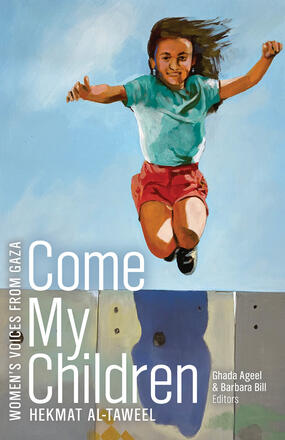
Description
Hekmat Al-Taweel (1922–2008) was a native Palestinian Christian from Gaza City whose narrative unearths a version of history long excluded from mainstream discourse and provides an unfamiliar perspective on Muslim–Christian relationships. Her stories about life in Gaza highlight shared history, vibrant culture, and cherished traditions. Al-Taweel continued her education after marriage, sought community volunteer work, worked as a teacher and supervisor, and committed to activism throughout her life, all of which contradicts widespread Western orientalized stereotypes of Arab women. She also shares insights into life in Gaza during the British Mandate period as well as the 1948 Nakba and its aftermath. This is the third book in the Women’s Voices from Gaza Series, which honours women’s unique and underrepresented perspectives on the social, material, and political realities of Palestinian life. Foreword by Ilan Pappe.
Reviews
“The Women's Voices From Gaza series is exceptional, offering insights into modern Gaza’s social history. It will attract a wide readership in Palestine studies and gender studies, as well as individuals interested in the Palestine question.” Rema Hammami, Associate Professor of Anthropology, Birzeit University